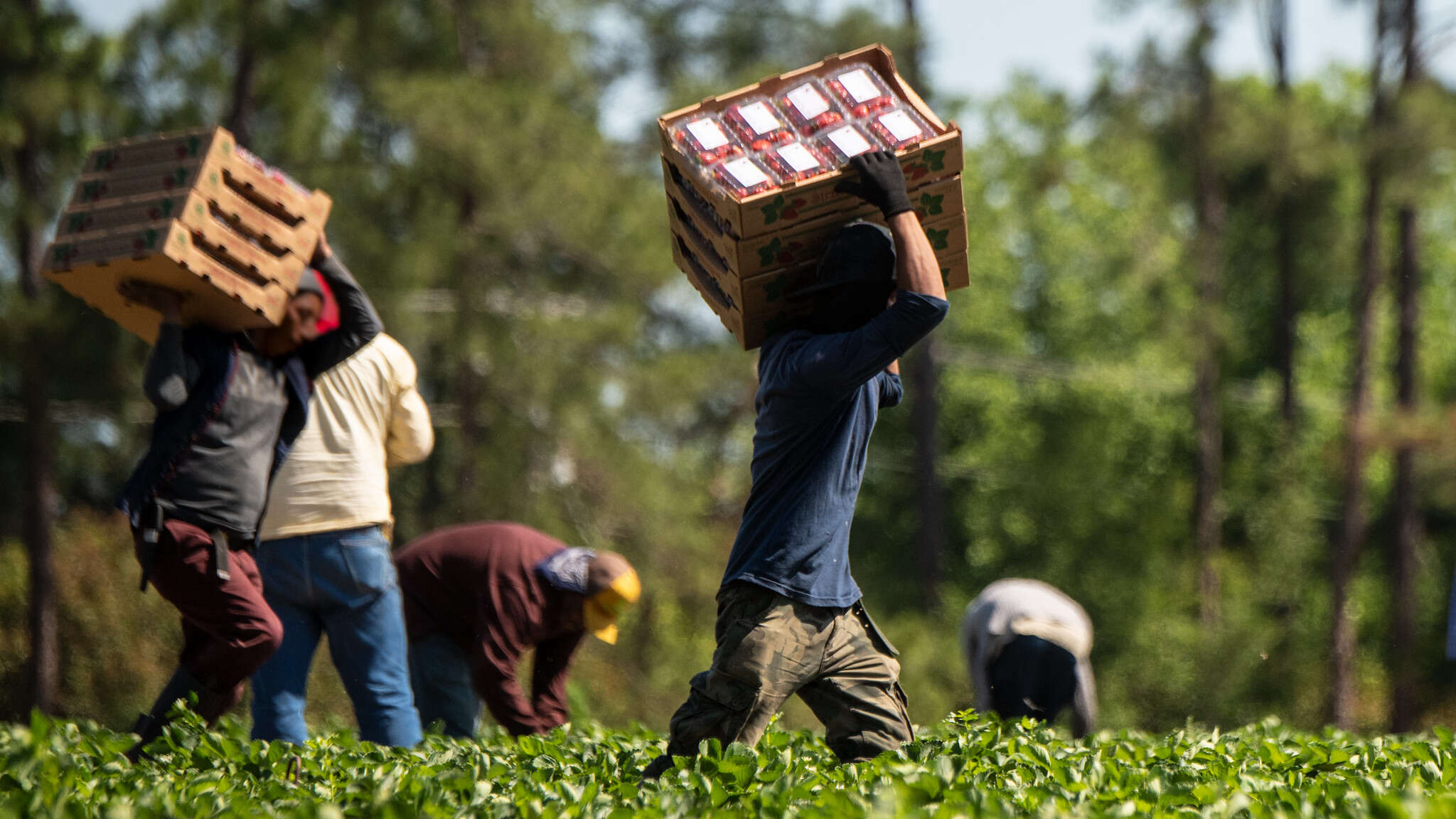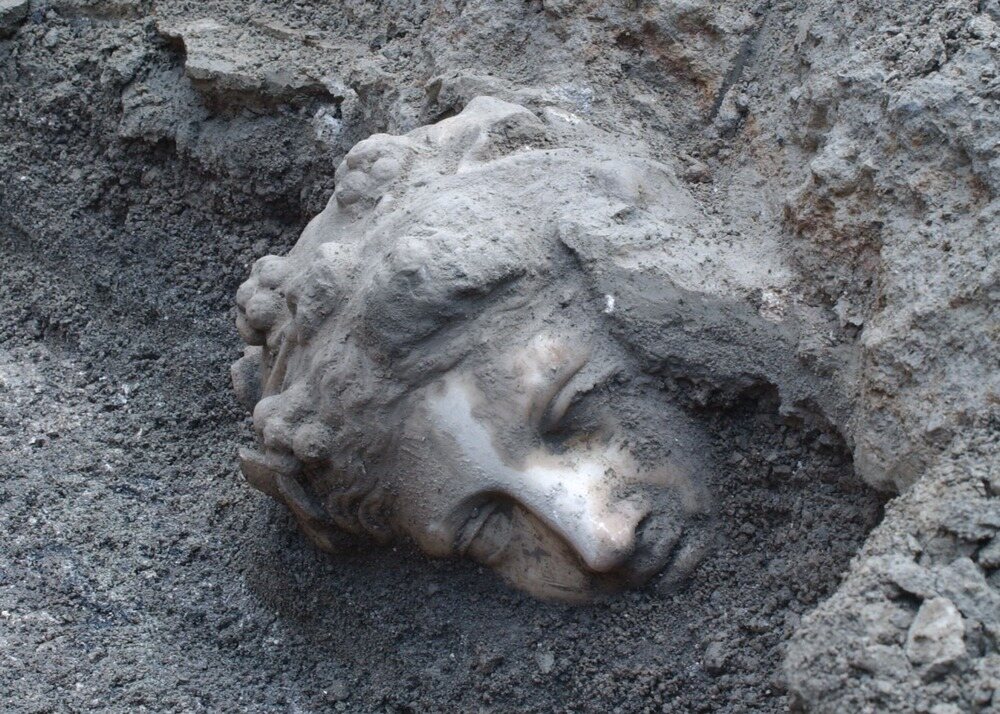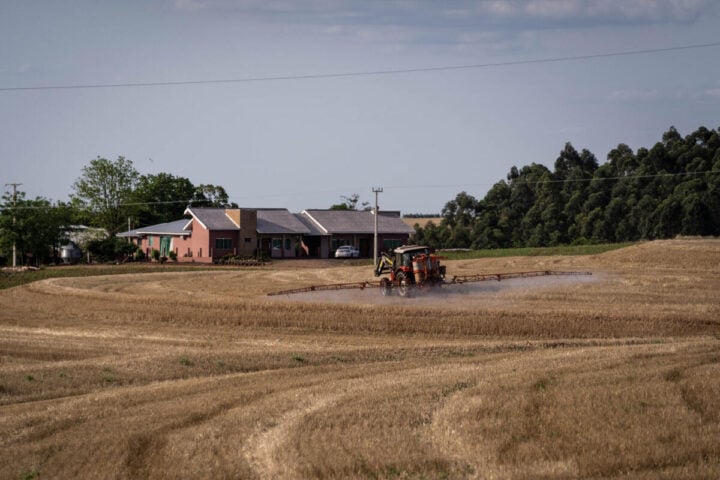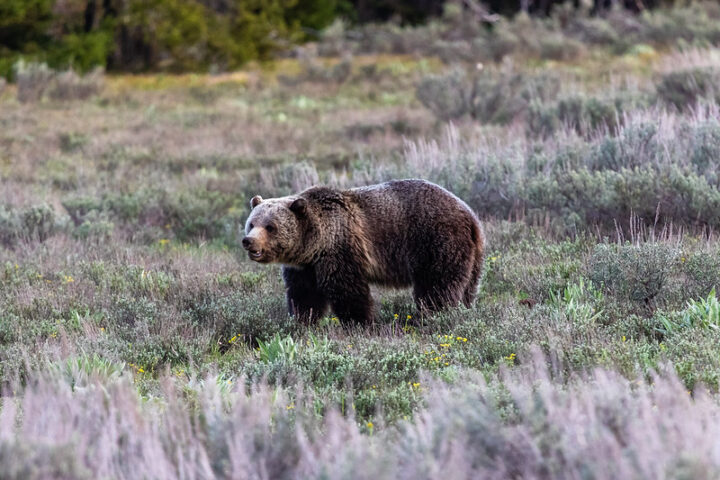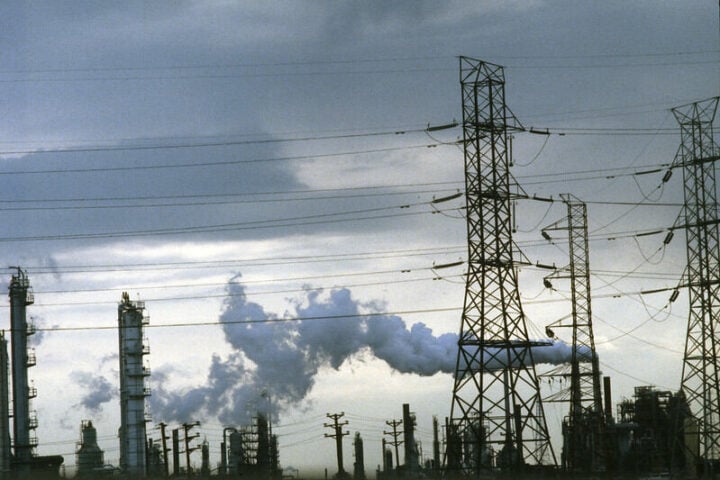Governor Gavin Newsom vetoed Senate Bill 1299, which proposed strengthening protections for California farmworkers who work in extreme heat conditions. The bill, authored by Senator Dave Cortese (D-San Jose), would have made workers’ compensation claims presumed to be work-related when agricultural employers failed to comply with heat safety standards.
In his veto statement, Newsom argued that “conditioning workers’ compensation presumption on compliance with standards established and enforced by another regulatory division is not an effective way to improve working conditions.” The bill would have required the Workers’ Compensation Appeals Board (WCAB) to determine whether Cal-OSHA’s heat-related illness standards were violated.
The unique proposal would have made it easier for farmworkers to obtain workers’ compensation when claiming heat illness on the job. Such presumptions are already in place for other workers; for example, firefighters have an easier time filing compensation claims for cancer because judges can assume they developed it due to exposure to workplace hazards.
Current Standards and Compliance Issues
The outdoor heat standards, established in 2005, require agricultural employers to provide shade, access to hydration, breaks, and heat illness prevention training. This year, the state added similar standards for indoor workers. However, compliance remains a significant issue – Cal-OSHA cited non-compliance in 47% of more than 4,000 heat-related inspections in 2019, according to a legislative analysis.
In recent years, understaffed Cal/OSHA has conducted 1,000 fewer workplace heat inspections per year and issued hundreds fewer violations, compared to before the pandemic. This decline comes despite California heat waves becoming longer and more intense.
Industry Opposition and Statistics
The California Chamber of Commerce and insurance companies opposed the bill, arguing it would unfairly mix the workers’ compensation system with Cal/OSHA. Agricultural employers claimed that heat standards are well-known and effective, citing a study by an insurance organization that found less than 1% of California farmworker compensation claims were related to heat injuries.
Worker Safety Concerns
The United Farm Workers union supported the bill, highlighting the urgency posed by rising temperatures. According to the National Institutes of Health, farmworkers are 35 times more likely to die from heat-related stress than workers in other industries.
Similar Posts
Recent Incident
The bill’s relevance was highlighted by a recent incident in the capital region where six Yolo County farm workers claimed they were fired in retaliation in June. The workers allegedly received permission from their supervisor to go home early during a triple-digit heat day but were terminated and given their final paychecks upon returning the next day. Both Cal-OSHA and the California Labor Commissioner’s Office are investigating the incident.
Background Context
The veto follows previous tensions between Newsom and United Farm Workers over labor rights. In recent years, Newsom initially opposed a controversial law that made it easier for farmworkers to unionize. The organization founded by César Chávez eventually secured his signature after extensive political pressure, including a march through the Central Valley to Sacramento and support from President Joe Biden.
Approved workers’ compensation claims cover medical care, lost wages, and death benefits for families.
